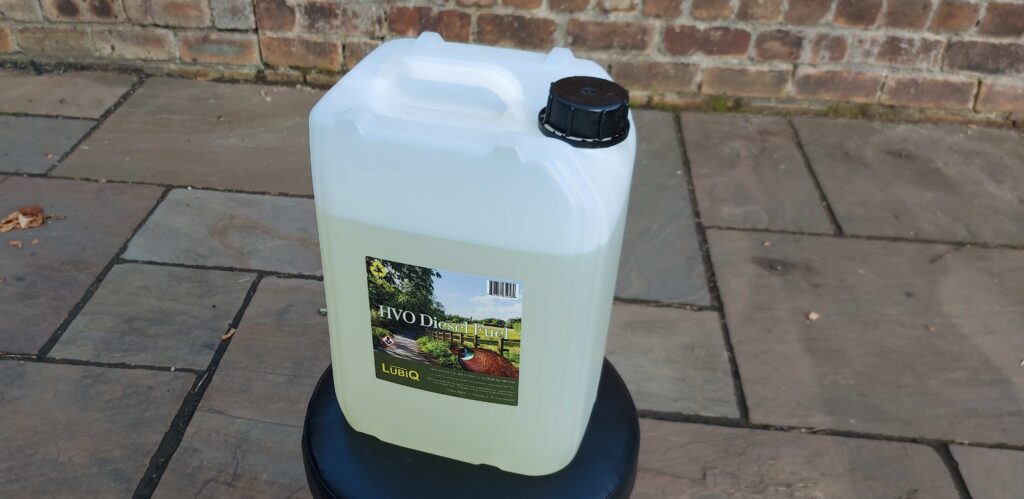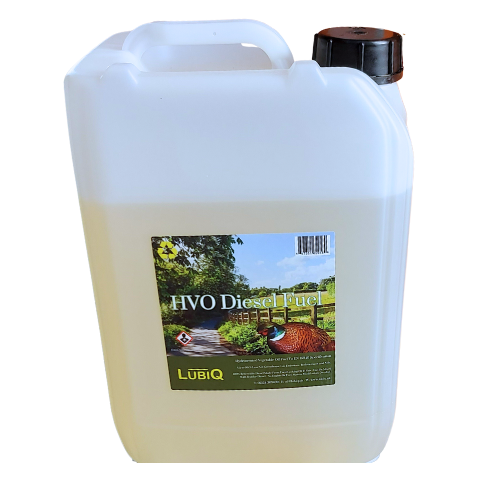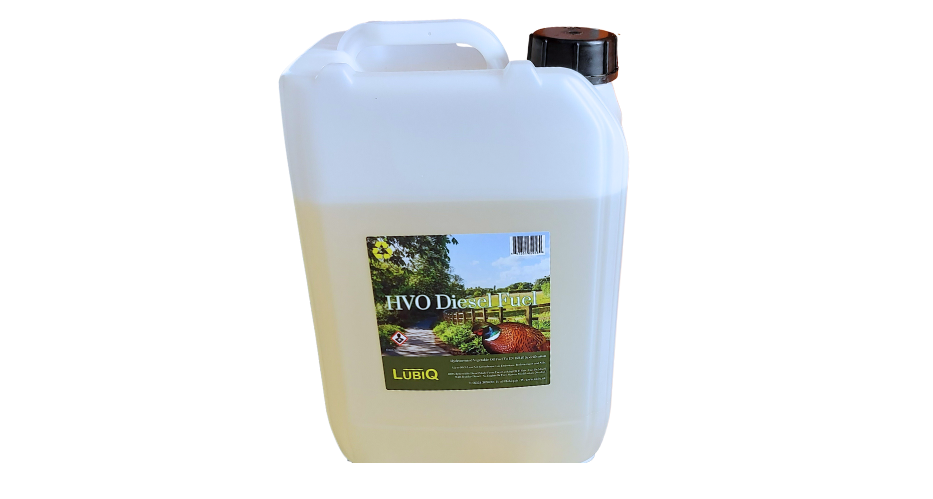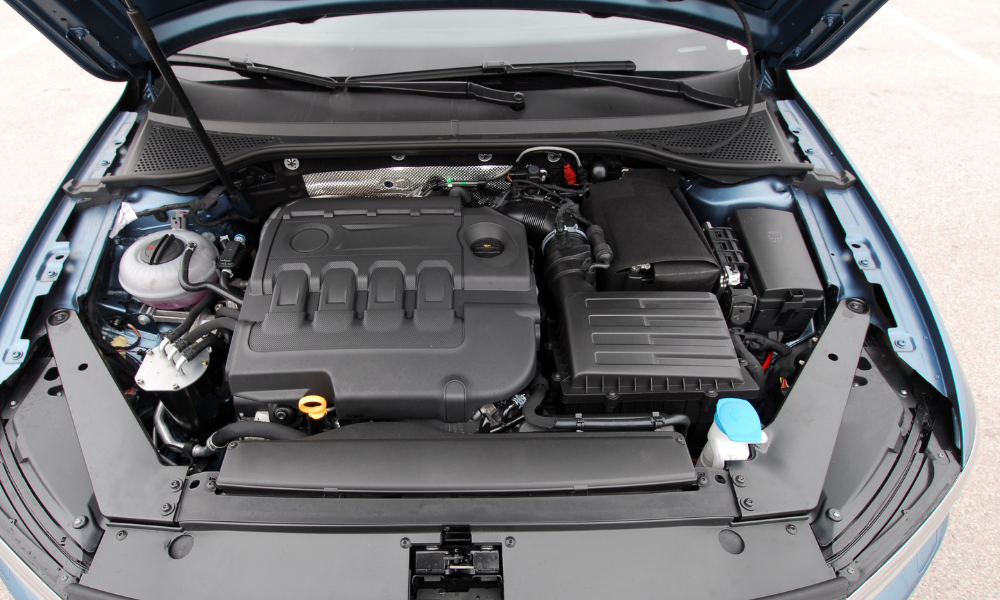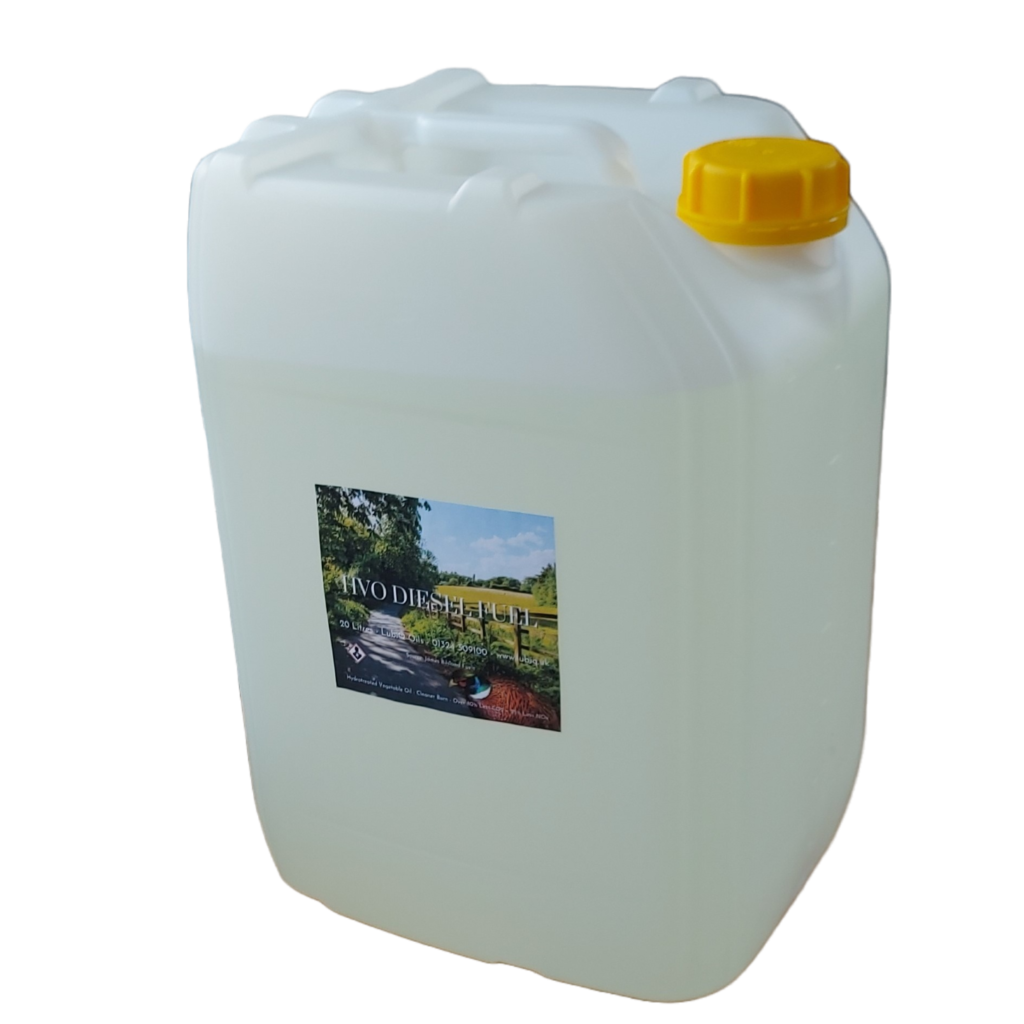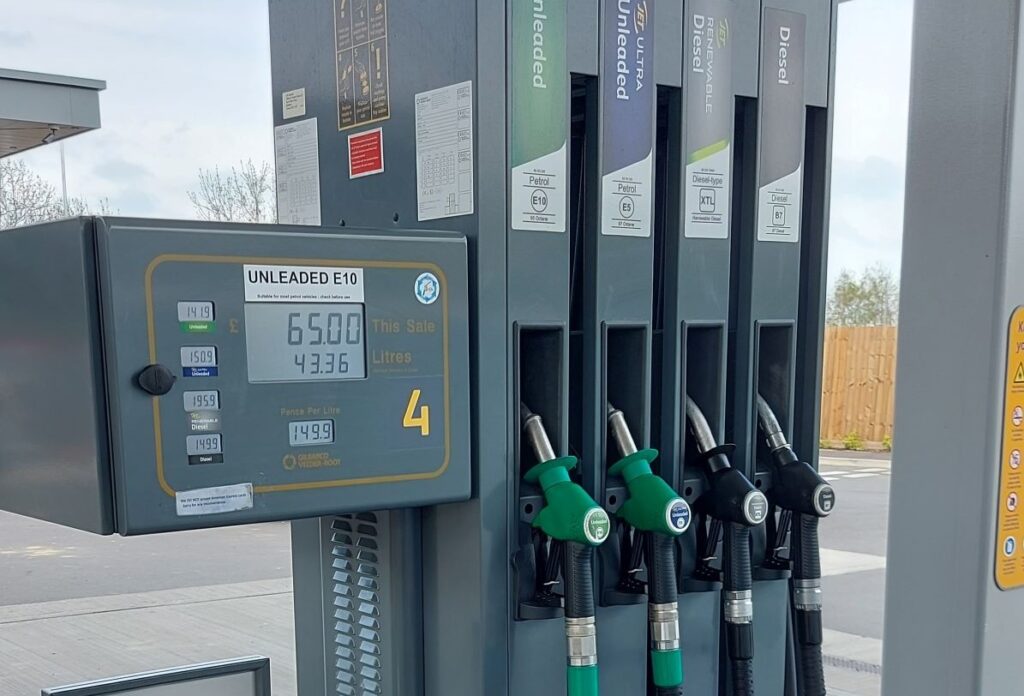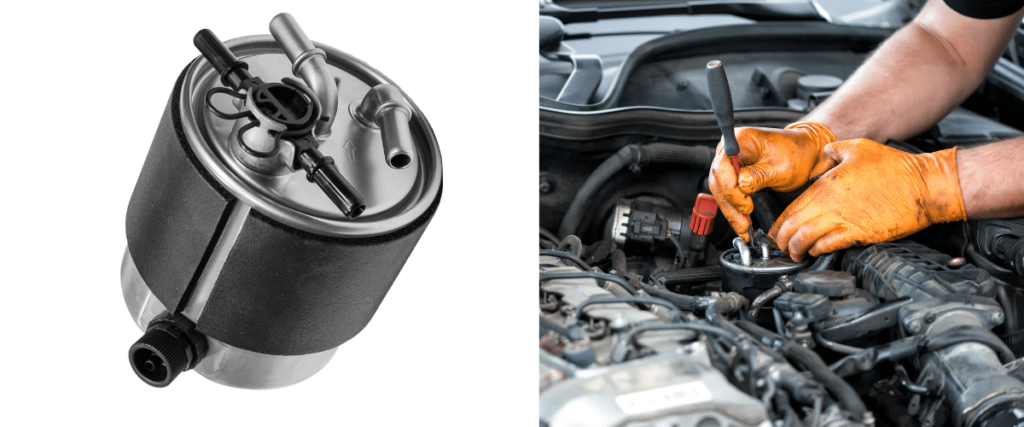How To Reduce Carbon Emissions
A practical and easy method for how to reduce carbon emissions is to have a look at your fleet of cars, vans, trucks, or excavators and change to using HVO renewable diesel fuel.

Due to being made from ISCC certified wastes and residues which include things like used cooking oil, fish wastes, wood pulp tall oil, hydrotreated vegetable oil offers at least 80% less net carbon emissions when used in diesel engines.
Almost Climate Neutral Yet Zero Hassle
The remarkable fact is that this fossil-free synthetic renewable diesel, which is far superior to FAME biodiesel, is also very easy to use for the following reasons:
- Any diesel engine can run on it with no modifications.
- You can mix it in any proportion with fossil diesel fuel.
On vehicles from around 20 plate onwards you will likely see an XTL symbol inside the fuel cover flap, this means the manufacturer is declaring its suitability for synthetic diesel fuels.
When pondering how to reduce carbon emissions from your vehicles it is a challenge; is it sustainable, for example, to just trade in perfectly good diesel vans in the fashionable rush for EVs? Well fact is, no, not really!

Difficult Questions For Fleet Managers
Are battery electric vehicles really carbon emissions free when considering the power stations that must run to charge them? Will they leave drivers and even customers stranded or frustrated from lack of charger stations? What is the proven resale value of the EVs?
With renewable diesel you simply change the fuel and put the circular economy into action; an upto 90% cut in net carbon emissions is immediate and fuel quality is hugely superior.

We all know the importance of sustainability in business and HVO can be a huge help without any changes to vehicles or fuel tanks; but there is more to it than just this.
A High Purity Super Diesel
Because green diesel is a synthetic fuel that is man-made, it is designed from the ground up to cut the irregularities found in fossil diesel and has a much higher cetane number for better combustion.
HVO has almost zero sulphur content, very low odour, and ultra clean burn with an astonishing 80% less particulates (soot/smoke) and 20% less NOx going into the exhaust plume. Join firms like mtu who have approved their diesel engines for use with HVO.
As well as realising a cut in carbon emissions you also secure a big reduction in air pollution and smoother running for engines which avoids blocked DPF filters and fuel filters.
The latter difficulties are afflicting plant, vans, and private cars with ominous regularity but with a synthetic diesel all such frustrations just disappear!





